Have ADHD? – New Treatment Being Evaluated

Attention Deficit Hyperactivity Disorder
Overview
ADHD or attention deficit hyperactivity is a neurodevelopmental condition that impacts both adults and children. This psychological condition develops when the central nervous system and brain suffer impairments related to developments and growth. An individual with such a condition will show varying degrees of these three behaviors.
- Inattention: It means an individual wanders of tasks, has difficulty sustaining focus, lacks persistence, and disorganized, and these conditions are not due to defiance or lack of comprehension.
- Hyperactivity: In this condition, a patient seems to move about always, including situations in which it is not appropriate or excessively fidgets, talks, or taps. In adult patients, it may be extreme restlessness or wearing others out with constant activity.
- Impulsivity: It means a patient makes hasty actions that occur at the moment without pre-planning about them, and that may have a strong potential for harm, and he may also face an inability to delay gratification or a desire for an immediate result. A person with such a mental condition may be socially intrusive and excessively interrupt others or make crucial decisions without considering the long-term consequences.
Signs & Symptoms
ADHD is a widespread mental condition that can be identified by its several signs and symptoms. And the individual who finds it hard to pay attention or one who feels the need to move always during sometimes when she should not need in actually. If someone faces these issues continuously and think that they are affecting his life and daily life tasks frequently, it could be a sign of ADHD. Attention deficit hyperactivity disorder is a psychological condition that makes it difficult to control impulsive behaviors and pay attention.
An individual with such a situation may also be restless and almost constantly active. Although the symptoms of attention deficit disorder start in childhood, it can continue through adolescence and adulthood. However, symptoms of hyperactivity improve as a child becomes a teen, but problems with disorganization, inattention, and poor impulse control often continue through teenagers and into adulthood.
What causes ADHD?
Even though several studies and researchers have yet to determine the actual reason behind ADHD, there are a number of researchers in the United States and all over the world working on ADHD and its causes it. Current researches have suggested that ADHD may be caused by interactions between genetic factors and environmental or non-genetic factors. According to the researchers of the National Institute of mental health and National Institute of Health – the following factors are responsible for attention deficit hyperactivity disorder:
- Genes
- Cigarette smoking, drug use during pregnancy
- Low birth weight
- Exposure to environmental toxins, including high levels of lead at a young age.
- Brain injuries
Medical professionals and researchers continue to study the exact relationship of attention deficit hyperactivity disorder to environmental issues but point out that there is no single factor that explains all cases of ADHD. These are some known factors that are no known causes, but can make ADHD symptoms worse for some patients:
- Eating sugar
- Watching too much television
- Traumatic experience and
- Family stress (like family conflict and poverty)
Symptoms of ADHD, themselves, may contribute to family conflict. Even though family problems such as poverty do not cause ADHD, but it can change the way the ADHD presents itself and produce additional issues, including antisocial behavior. Problems in parenting styles or parenting may make ADHD worse or even better, but they do not cause the disorder. Currently, research is underway to define better the pathways and areas that are involved.
Warning Signs
People with ADHD may face a combination of these symptoms:
- Make careless mistakes in-home or school, overlook or miss details, have problems sustaining attention in play or tasks, including lectures, conversations, lengthy reading.
- Fail to not follow through on indications, fail to finish duties, schoolwork, chores, and start a task but quickly lose focus and get easily sidetracked.
- Seem not to listen when spoken to directly.
- Have problems organizing activities and tasks like doing tasks in sequence, keeping material and belonging in order, managing time, and meeting deadlines.
- Dislike or avoid tasks or activities that require sustained mental effort, including schoolwork and homework or preparing reports, reviewing lengthy papers, and completing forms.
- Forgetful in daily life activities like errands, chores, keeping appointments, and returning calls.
Signs of impulsivity and hyperactivity may include:
- Being unable to engage in hobbies or play quietly
- Squirming and fidgeting while seated
- Dashing around or running or climbing in situations where it is not right, and in children and teens often feeling restless
- Being always in motion or acting as if driven by a motor
- Intruding or interrupting others, for example, in games, conversations, and activities.
Treating ADHD
When peoples diagnosed with ADHD, they may have concerns about which treatment is right for them. They may worry about which medication will manage their condition correctly, and are there any non-medical alternatives for the management of ADHD. Here, we have collected some data that will surely help an individual with ADHD and allow him to take proper treatment through medicines and behavioral therapies. Types of treatment for ADHD
- Behavioral therapy, including training for parents and.
- Medications
Behavior therapy & training for parents
ADHD impacts not only an individual’s ability to pay attention, sit at school, and also affect relationships with family and friends. People with such conditions often show behaviors that can be very disruptive to others. Behavior therapy is the best treatment option that reduces these behaviors. A patient should start behavior therapy as soon as a diagnosis made. The targets of behavior therapy are to learn to strengthen positive behaviors and eliminate undesirable behaviors.
Children younger than six years of age
In young children, behavioral therapy is a crucial first step before trying medicines because:
- Parent training in behavior treatment has shown to work as well as a medication of ADHD in young children.
- It gives parents strategies and skills to help their children.
- Young individuals have more adverse effects on ADHD medicines than the older population.
- The long-term adverse effects of ADHD drugs on young patients have not well studied.
Behavior therapy also helps to treat attention deficit hyperactivity in school-age children and adolescents.
Medications
Medications can help children and adults manage their ADHD symptoms in their everyday life and can control their behaviors that cause difficulties with friends, family, and at work or school. The U.S. Food & Drug Administration has approved several medications for the treatment of Attention deficit hyperactivity disorder in individuals’ young as six years of age.
Stimulants:
These medications are the best and most effective treatment for ADHD. About 70 to 80 percent of children with ADHD have fewer symptoms when taking these fast-acting medications. Adderall is the best and very popular central nervous stimulant and a prescription drug for ADHD. People with ADHD can Buy Adderall Online when recommended by their doctor.
Top Stimulant Medicines for ADHD management
Adderall
Adderall is a top-rated prescription medicine in the United States. Primarily, it is a brand name version for a combination containing amphetamine and Dextroamphetamine. Because of its stimulant properties, Adderall is the most effective medicine for ADHD management. The Food and Drug Administration approved this stimulant medicine in 1960. The administration also has approved Adderall as a generic drug. In the United States, it is a prescription medication that means a user can Buy Adderall Online only on a legal prescription. However, some online drug pharmacies offer Adderall without any prescription.
Ingredients in Adderall
- Active Ingredients: amphetamine aspartate monohydrate, dextroamphetamine saccharate, dextroamphetamine sulfate, amphetamine sulfate.
- Inactive Ingredients: Microcrystalline cellulose, lactitol, colloidal silicon dioxide, magnesium stearate, and other ingredients.
Since Adderall is a controlled drug substance, a user should take it with some necessary precautions.
Ritalin
Ritalin is a well-known brand name for Methylphenidate that is an F.D.A. approved medication for ADHD management. Medical experts commonly recommend it for the management of Attention Deficit Hyperactivity Disorder (ADHD) and narcolepsy. Narcolepsy is a sleep condition that produces excessive daytime sleepiness and sudden attacks of sleep. It commonly seems in children and teenagers. Ritalin belongs to a class of medications called central nervous system (C.N.S.) stimulants that work by blocking overactive dopamine transporters and affecting the amounts of certain natural substances in the brain.
The United States’ Drug Enforcement Administration (D.E.A.) has classified Ritalin as a schedule II-controlled drug substance. Controlled substance means Ritalin has a substantial risk of abuse and addiction and even death. Users may Buy Ritalin Online with a legal prescription. In the United States, Methylphenidate (generic name) was first approved by the U.S. F.D.A. in the year 1955. The Food & Drug Administration (F.D.A.) has approved Ritalin as a treatment for hyperactivity.
Vyvanse
Vyvanse is a well-known brand name for Lisdexamfetamine that is a medication used in patients with attention deficit hyperactivity disorder (ADHD) in a child and adults. It is prescription medicine and a central nervous system stimulant that increases the ability to stop fidgeting and pay attention to stay focused. This medication is prescribed for other medical conditions as well, such as moderate to severe binge eating disorder in adults.
Non-stimulants:
These types of medications approved for the management of ADHD in 2003. These medications do not work as quickly as stimulants, but their effect can last up to a whole day. Medications can affect a patient differently and can cause adverse effects such as sleep problems, decreased appetite, etc. One user may respond well to one medicine, but not to another.

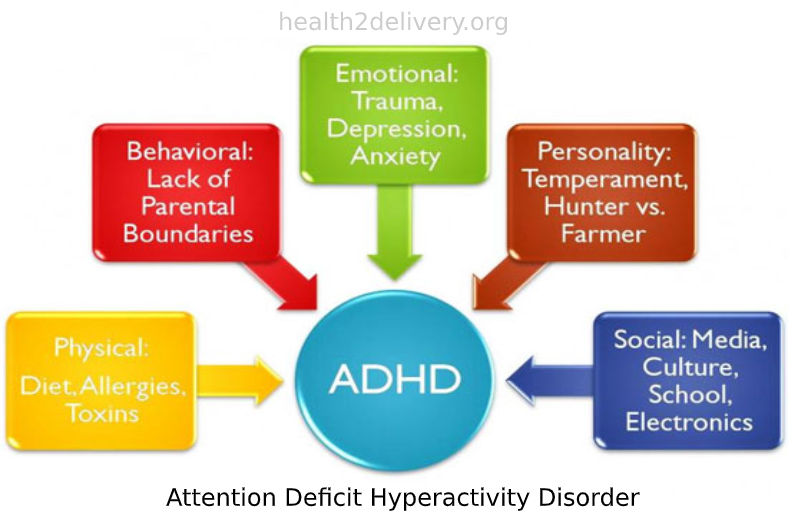
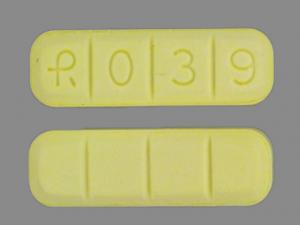
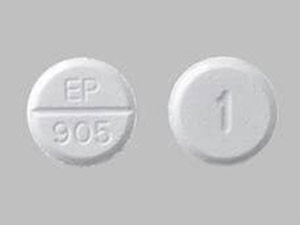
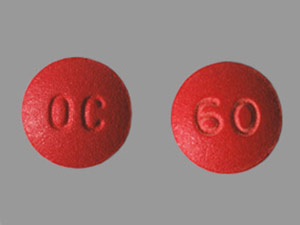
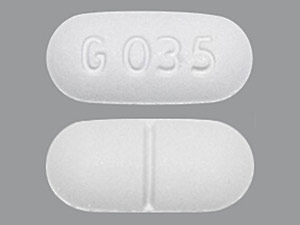
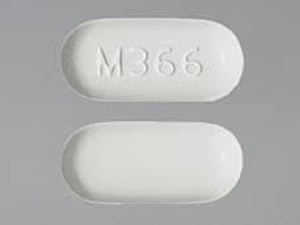

Leave a Reply